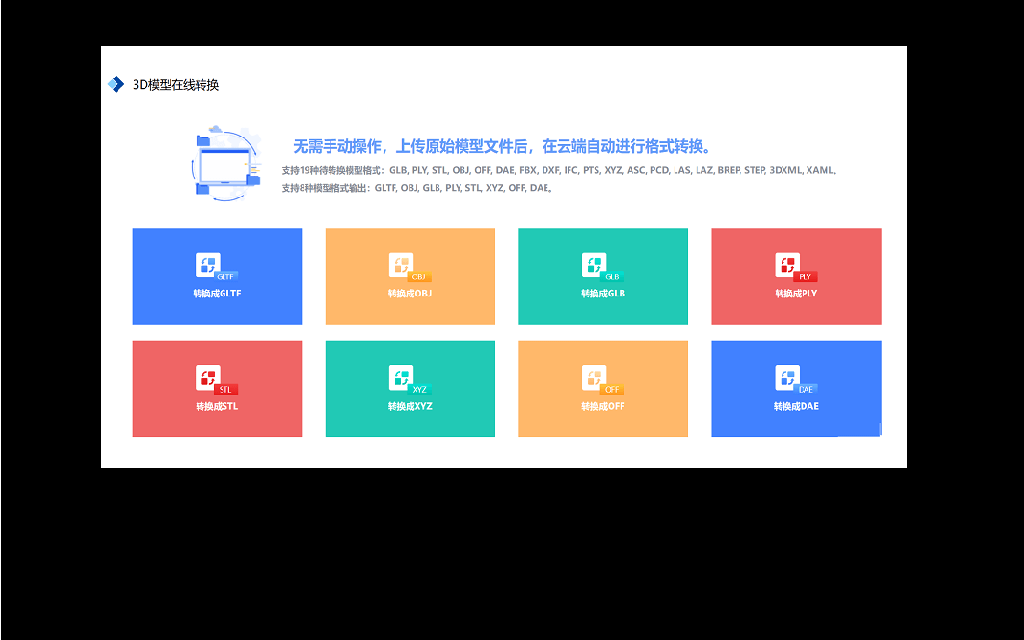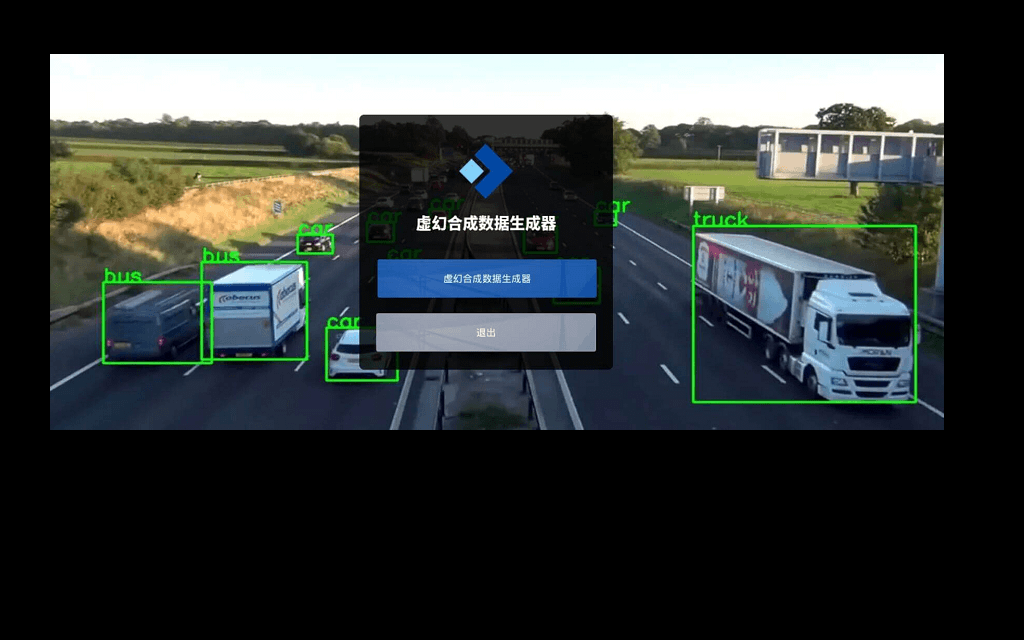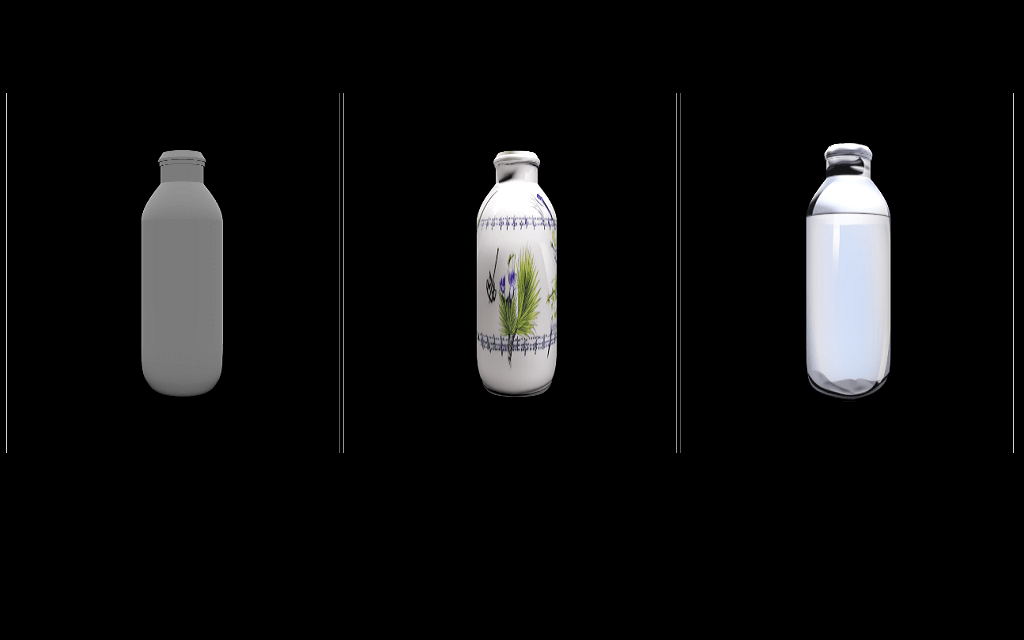<div style="text-align: center;"> <img src="https://cdn-uploads.huggingface.co/production/uploads/64beeb8f4b4ff0d5097ddcfc/HF124f84-X7L_rPynRa4n.gif" alt="Pofi" width="300" style="display: block; margin: 0 auto;" /> </div>
Pofi is a fine-tuned version of "decapoda-research/llama-7b-hf," designed to act as an assistant capable of performing various tasks, such as:
| Utilities |
|---|
| Setting alarms |
| Connecting to the web |
| Sending files |
| Sending messages |
| Saving strings of characters |
| Opening applications |
| Creating files |
| Manipulating the system |
The training data was obtained manually through different prompts in ChatGPT, including examples created by me. It was fine-tuned using over 7,000 examples of "User" to "AI" commands. The training process was carried out in Google Colab, specifically in the "🦙🎛️ LLaMA-LoRA Tuner" notebook. The training lasted for approximately 5 hours over 10 epochs.
Once LoRa was obtained, the "export_hf_checkpoint.py" script from the "tloen/alpaca-lora" repository was used to merge LoRa with the base model. This was done to quantize the model to "ggml-q4," enabling its use on a graphics card-free computer (like mine). Quantization was performed using the "ggerganov/llama.cpp" repository and the "convert.py" script.
To utilize this model, you can employ "oobabooga/text-generation-webui," a user-friendly interface, or the interface I am developing for this project, "OscarMes/Pofi-Assistant."
This project was created for the purpose of studying and learning about language models. All rights are reserved according to the license included in "decapoda-research/llama-7b-hf." Please refer to the included LICENSE file in that repository.


